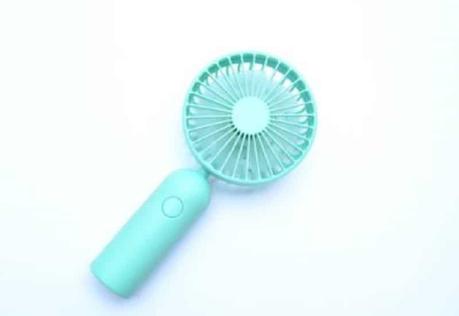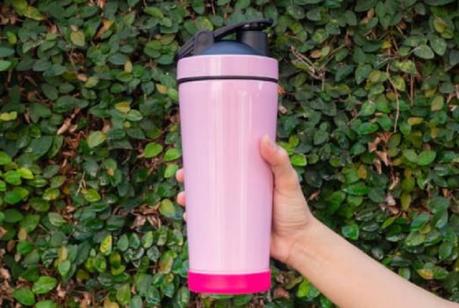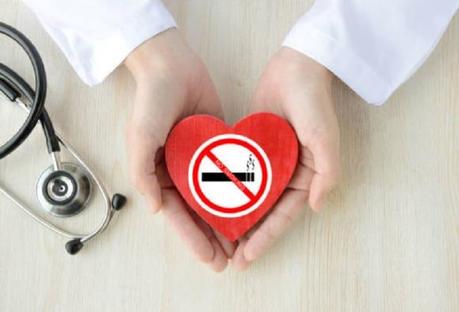If you've ever found yourself suddenly flush and overheated, only for the symptoms to vanish several minutes later, there's a good chance what you experienced is a hot flash.
While commonly associated with menopause, hot flashes can happen to anyone. Common causes include exposure to high temperatures, hormonal changes, and infectious diseases.
Understanding the root cause of frequent hot flashes requires the expertise and insights of a licensed physician. Once the cause is uncovered, the next step is managing symptoms.
In addition to prescription drugs, the following tips and tools can prove particularly useful in managing hot flashes (so long as your doctor says it won't interfere with your medication.
Dietary supplements

When it comes to managing hot flashes related to menopause, many women have reservations about taking hormonal drugs. Those who do might discover hormone therapy doesn't go far enough. Many menopausal women turn to supplements as an alternative.
With that said, the market is saturated with so-called hot flash pills that lack any substantial ingredients. Effective hot flash relief supplements contain a substance known as S-equol. While the exact science is yet to be fully understood, S-equol has been clinically validated to alleviate the symptoms of menopause, including hot flashes.
Layering

People living in cold weather climates are used to bundling up to stay warm. Unfortunately, doing so sets them up to become overheated. The sensible solution is to wear layers. That way, when you enter a warm building or otherwise feel your body temperature rise, you have an easy way to shed clothing without revealing your birthday suit.
The same applies to bedding; those who suffer night sweats are encouraged to use thin layers of bedding that can be removed as needed since thick blankets and comforters are an all-or-nothing option.
Portable fan

One of the most reliable ways to cool down in a pinch is to sit in front of a fan running at full speed. However, this becomes difficult to do once you leave your home. That is unless you bring a portable fan along.
Battery-powered handheld fans are a worthwhile investment for those experiencing hot flashes while out and about, while box and floor fans are great for alleviating night sweats while spending the night away from home.
Insulated water bottle

Drinking cold water is one of the best ways to cool down during hot flashes. But to do so throughout the day, one needs reliable access to fresh, cold water. Rather than spend hundreds on single-use bottles of water bought from vending machines and convenience stores, consider the one-time purchase of an insulated water bottle.
These containers keep water cold for hours, allowing those suffering from hot flashes and night sweats to cool down no matter where they are or what time it is.
Quit smoking

Long-term smoking has been linked to lower estrogen levels in women. Since reduced estrogen is one of the primary causes of hot flashes, women who smoke are more likely to experience vasomotor symptoms related to perimenopause and menopause.
Given the overwhelming list of medical reasons why it's a good idea to quit smoking, smokers suffering from hot flashes and night sweats need to seriously consider giving up for good.
Avoid alcohol

Anyone who ever drinks a significant amount of alcohol in a short amount of time knows how it makes you feel warmer.
Combined with the risk of hot flashes associated with hangovers, minimizing alcohol consumption is essential for menopausal women managing their symptoms.
Limit caffeine

While caffeine's narrowing effect on blood vessels is opposite that of alcohol, which widens blood vessels, the results are the same for many women going through menopause: sudden hot flashes. Those with a love of coffee or other caffeinated beverages are encouraged to switch to decaf or limit their caffeine consumption.
While primarily associated with menopause, hot flashes and night sweats can happen to people of all ages, regardless of sex. If you find yourself suddenly feeling overheated and dizzy on a regular basis, it's time to do something about it.
Once you've consulted your physician, the next step is managing the symptoms utilizing various tips and tools.

